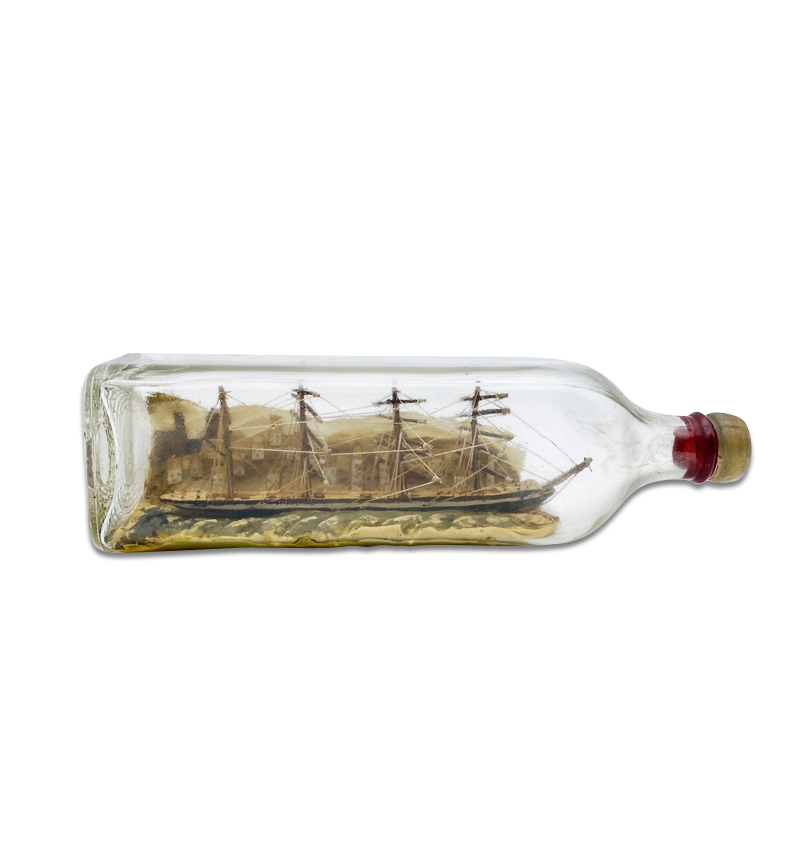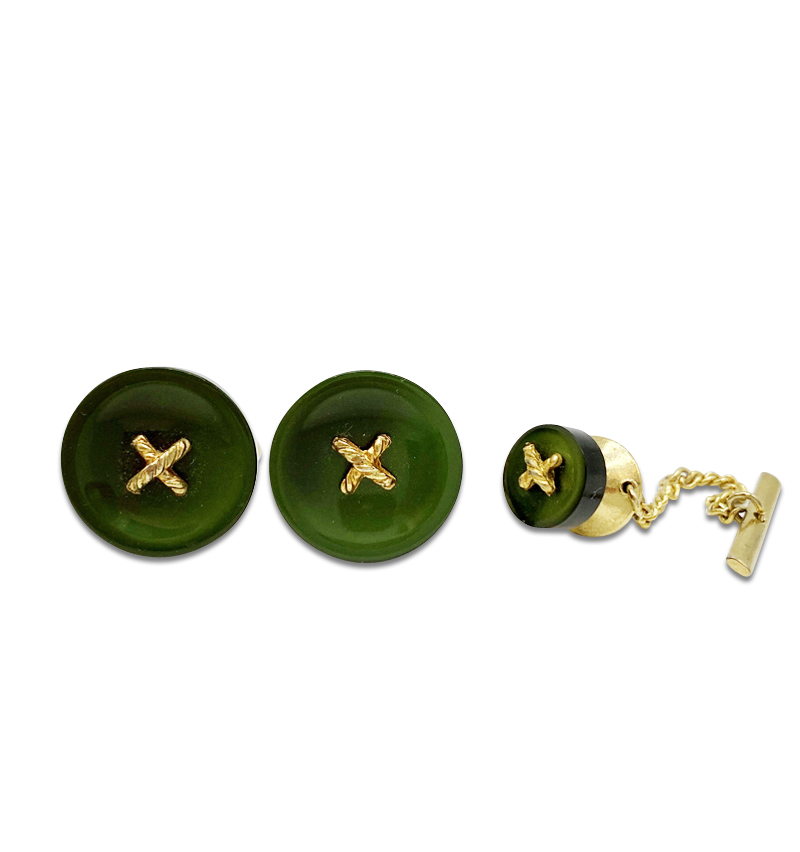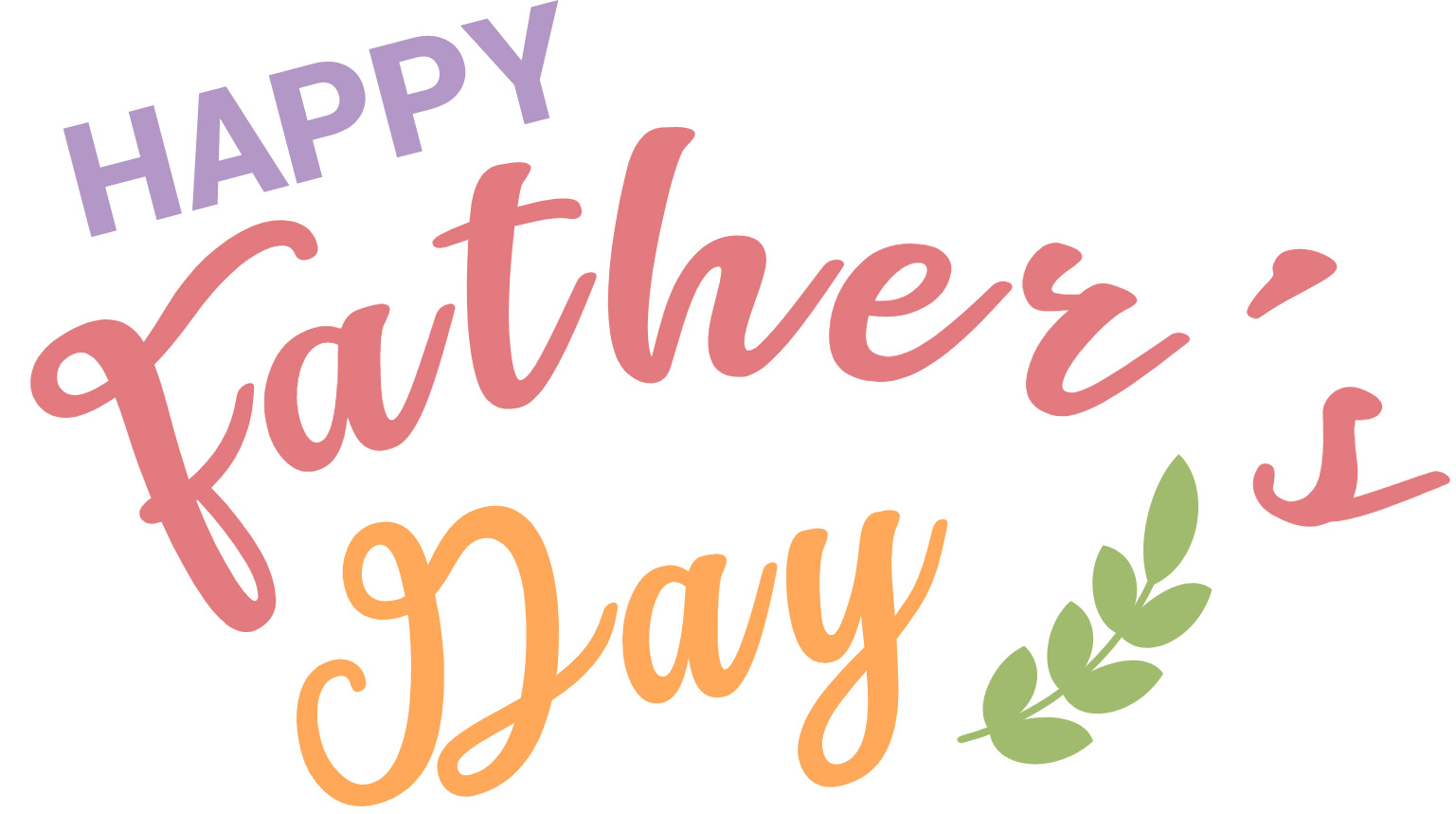It is safe to say that a lot of us feel indebted to our fathers in some way. While the maternal connection is an obvious one, the connection a father and child share is one akin to a strong friendship. Before we learn to run, we crawl, but even before that, we are supported by the strong backs of the paternal figures we look up to in our lives. Fathers are curious creatures, possessing a sturdiness that belies their subtle complexities. We almost never completely understand their gradual transformation from boy to man, but once that overnight change occurs, their strength and reliance are set in stone.
Here are some great literary expressions of father-child relationships that have withstood the test of time, reminding us of the tireless, hard workers that our fathers have always been.
RUDYARD KIPLING’S IF
Perhaps most famously known as the author of The Jungle Book, Rudyard Kipling wrote a poem around 1895 that has since become a shining example of British stoicism. The poem, entitled “If”, takes the form of parental advice intended for his son, John, who tragically perished in World War I. Practically every line can be taken as its own freestanding piece of guidance from a more experienced individual to one still finding their way in the world. Among the poetic guidance, we find lines like “If you can keep your head when all about you Are losing theirs”, “If you can trust yourself when all men doubt you”, and “If you can wait and not be tired of waiting”. All of it culminates in the resounding final statement: that if you can incorporate all of this good counsel, “yours is the Earth and everything that’s in it, And – which is more – you’ll be a Man, my son!”
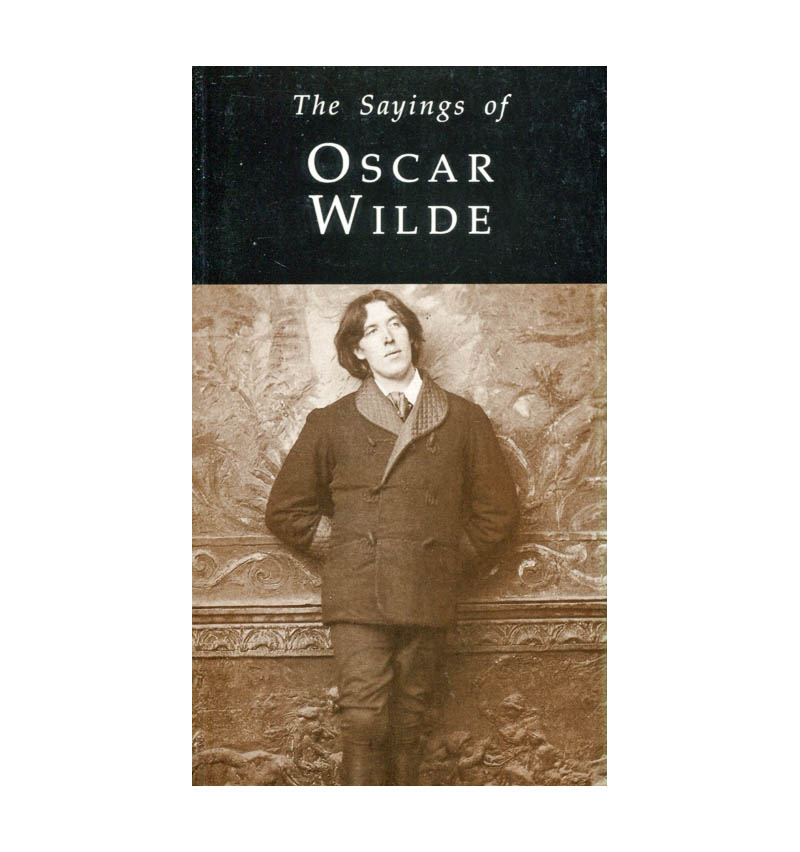
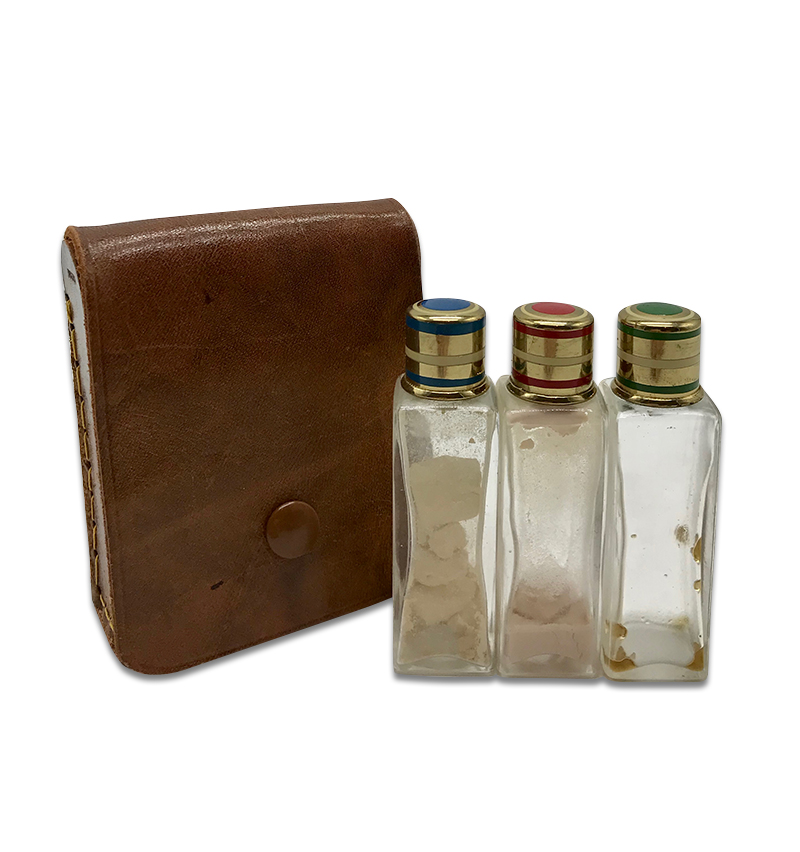
WILLIAM SHAKESPEARE’S HAMLET
The tragedy of Hamlet is, when you think about it, actually all about relationships between fathers and sons. Throughout the entire play, Hamlet wrestles with his conscience about whether he should heed the requests of his ghostly father, ruthlessly murdered by his brother, King Claudius. But there is another famous father-son connection that happens quite early on in the play, that of Polonius, the chief advisor to the king, and his son Laertes. Just before Laertes departs for France, Polonius imparts some sage wisdom that we still contemplate today. Some of what Polonius advises his son includes never voicing or acting upon rash thoughts and impulses, and listening to the opinions of others but ultimately making your own decisions. Ultimately, “to thine ownself be true”.
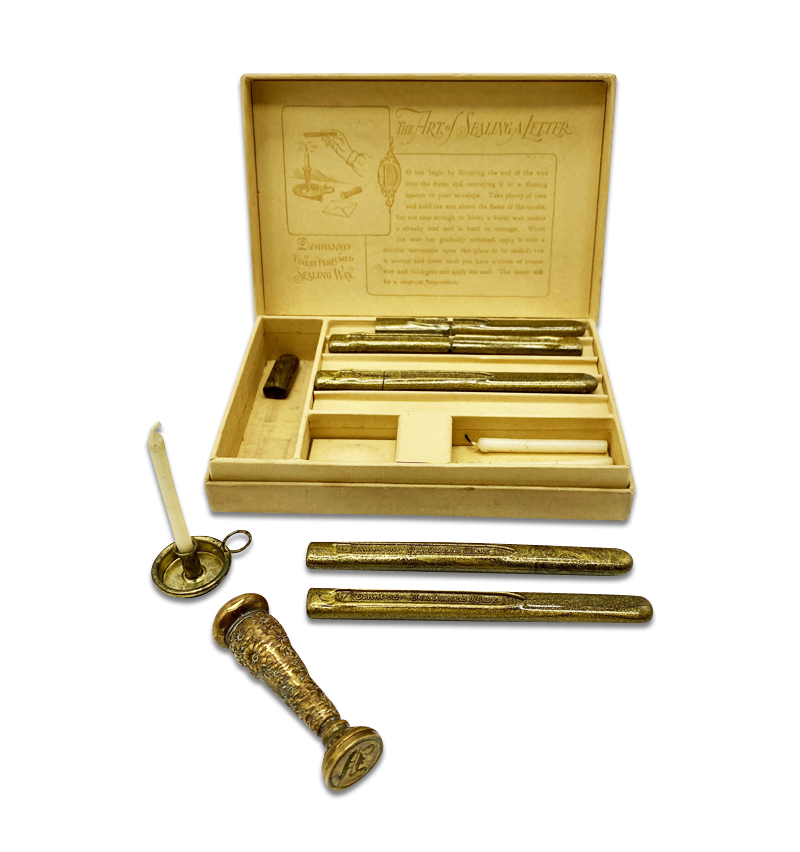
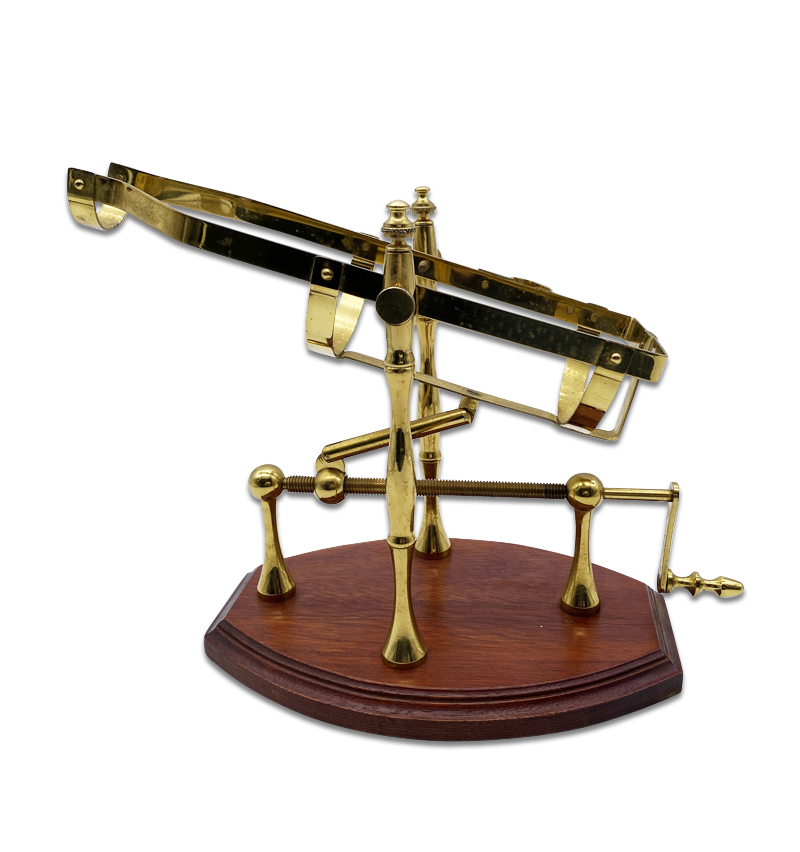
THE MYTH OF DAEDALUS AND ICARUS
Ovid’s Metamorphoses recounts the cautionary tale of Daedalus and Icarus. Daedalus was a great inventor, tasked with constructing the labyrinth that would house Crete’s terrifying Minotaur. After defying King Minos, Daedalus and his son, Icarus, were imprisoned in that very same labyrinth. Devising an ingenious plan to escape, Daedalus crafted wings from bird feathers, wax, and thread. Before setting off, Daedalus warned Icarus not to fly too close to the sun as otherwise the wax in the wings would melt, nor to fly too close to the sea as the feathers would become soaked with water and drag him down with the weight. Unfortunately, Icarus forgot his father’s advice, flying too close to the sun. His wings began to deteriorate and plunged to his death. Perhaps we might take this story to signify the dangers of not listening to one’s elders. Daedalus, as a symbol of wisdom, knowledge, and paternal power, strives to educate Icarus and his youthful naivety.
